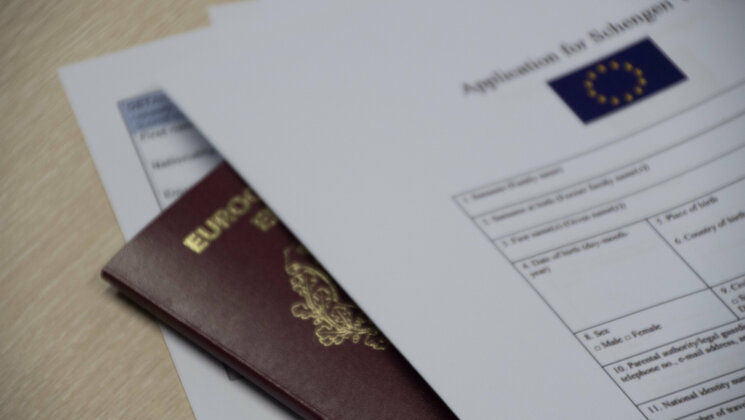Tuition-waiver scholarship holders or students enrolled at Estonian-taught programmes
You do not have to pay tuition fee at UT for the time to be spent studying abroad. Yet, please note what follows after studies abroad:
- If you studied at a foreign university and could transfer at least 15 ECTS of courses to your UT curriculum, you get an extra semester (extension) to complete your studies. At the end of the semester following the study abroad semester (that is at the end of the extension semester), the university checks study progress and if there are more than 6 credits missing from the required workload, you are expected to pay for the missing credits. In the case of missing credits, you are invoiced at the beginning of the second semester following the study abroad semester.
- If you studied two semesters at a foreign university and could transfer at least 30 ECTS of courses to your UT curriculum (15 ECTS for each semester), you get two extra semesters (extensions) to complete your studies. At the end of the second semester following the study abroad (that is at the end of the second extension semester), the university checks study progress and if there are more than 6 credits missing from the required workload, you are expected to pay for the missing credits. In the case of missing credits, you are invoiced at the beginning of the third semester following the study abroad semester.
Thus, if it is not possible to use the courses completed at a foreign university to complete the UT curriculum to the presumed extent (15 ECTS and more), it will be necessary to complete more courses in the semester following the studies abroad in order to avoid the need to pay the tuition fee in the following semesters.
Students enrolled in English-taught programmes without a tuition-waiver scholarship or enrolled part time at Estonian-taught programmes (excluding PhD students)
Generally, you do not have to pay tuition fee at UT, yet you need to pay 30-% of each credit point price you transfer from abroad to UT. You do not have to pay 30% of the tuition at UT, if you had to pay the tuition fee at the foreign university.
If you study at UT during the period when you are registered as a study abroad student (that is - take courses both from UT and a higher education institution abroad) then, in addition to the fee to be paid for the courses completed abroad, you are required to pay for UT courses (full price of credit points). Please see full regulation here: Conditions of Reimbursement of Study Costs in Degree Study.




